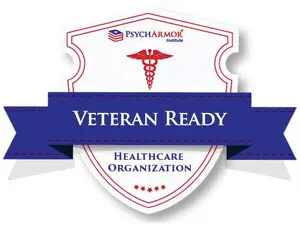Is Binge Drinking Out of Control?
A new government report reveals that risky alcohol consumption is rampant, with more than 17 billion binge drinks consumed in 2015, according to a recent study published in the American Journal of Preventive Medicine.
In fact, one in six (37 million) American adults binge drink (defined as having five or more drinks for men, or four or more drinks for women, in about two hours) about once a week – and they down roughly seven drinks per binge. “This study shows that binge drinkers are consuming a huge number of drinks per year, greatly increasing their chances of harming themselves and others,” said study co-author Dr. Robert Brewer, lead researcher in the alcohol program at the U.S. Centers for Disease Control and Prevention.
Most notably, binge drinking can lead to the following:
• Dangerous driving
• Unsafe sex
• Violent behavior
• Suicide attempts
• Increased risk of cancer, heart disease and liver failure
While most common among adults ages 18 to 34, more than half of the number of binge drinks consumed in 2015 were by adults aged 35 and older. Men also binged more than women, noted researchers.
What’s more, education, income and geography played a role. Those with less education and lower household incomes consumed more binge drinks than those with higher levels of income and education, according to the report. And the most alcohol was consumed in the following states:
• Arkansas
• Hawaii
• Kentucky
• Mississippi
Those of us in the recovery industry are already all-too familiar with the health consequences of binge drinking, including an increased risk for addiction. These findings give yet another reason to take “a comprehensive approach to prevent binge drinking, focusing on reducing both the number of times people binge drink and the amount they drink when they binge,” said Dr. Robert Brewer, in a news release.
More Side Effects of Binge Drinking
Binge drinking has been shown to cause a thinning or reduction of areas of the brain that impact the following:
• Inhibition
• Memory
• Verbal learning
• Decision making and reward processing
• Alcohol cue reactivity
• Socio-cognitive/socio-emotional processing
Help for Alcohol Abuse
Our New Jersey facilities offer a safe and supportive environment for you or someone you love to begin the journey toward lasting sobriety. To learn more about our addiction treatment services, contact us today: (888) 223-0298.



